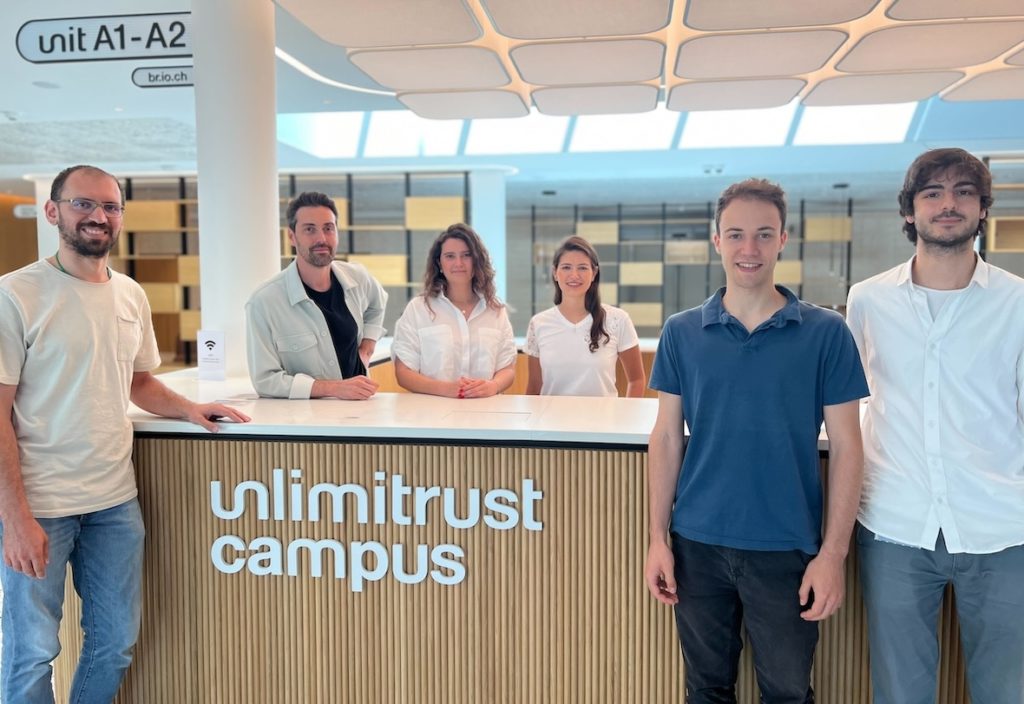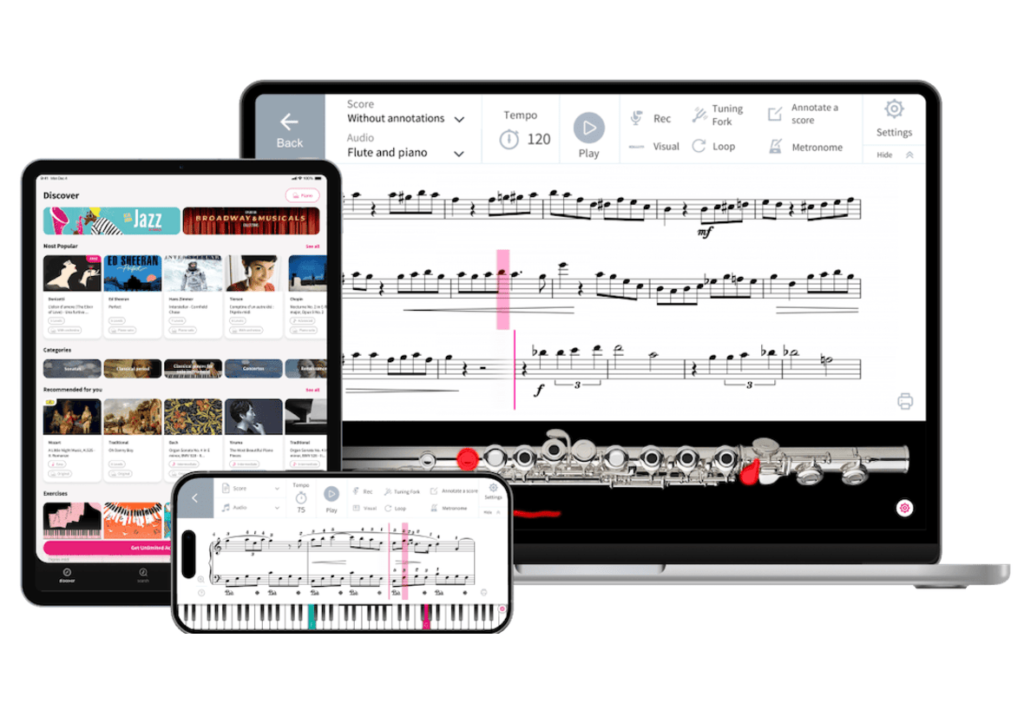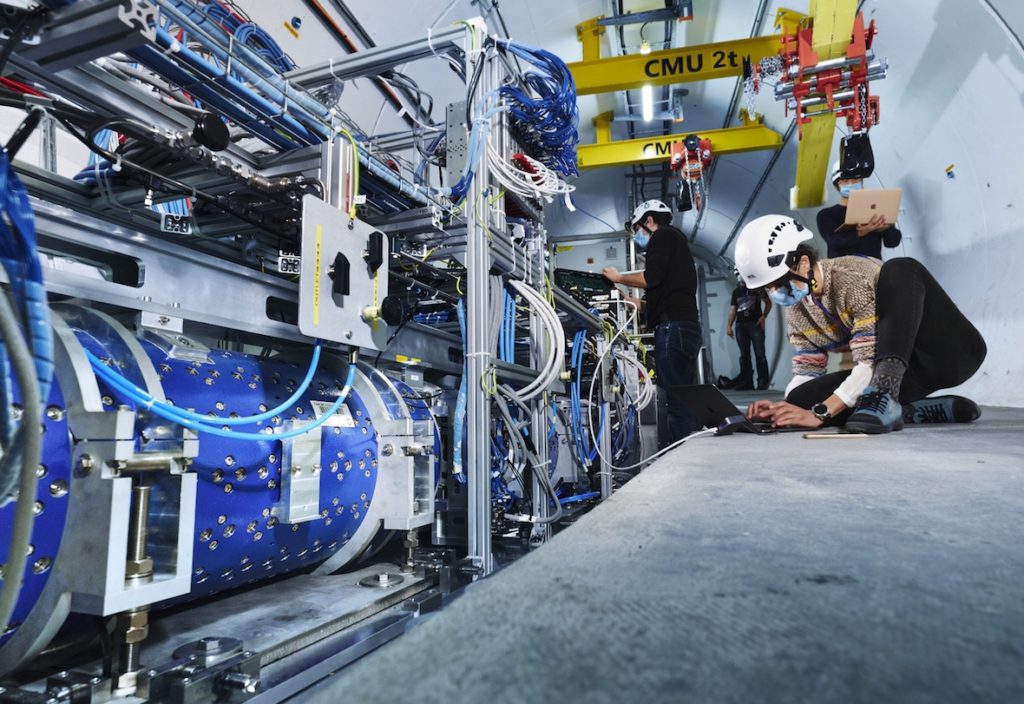
Tune Insight spearheads Eurostars project for secure AI in pediatric emergency care
22 January 2024
 The EUR 1.8 million initiative, funded by the Eurostars program, focuses on developing a secure, privacy-preserving machine learning platform for Electronic Health Records (EHR) in pediatric emergency care.
The EUR 1.8 million initiative, funded by the Eurostars program, focuses on developing a secure, privacy-preserving machine learning platform for Electronic Health Records (EHR) in pediatric emergency care.
Tune Insight, a company specializing in confidential collaborative analytics and privacy-preserving machine learning solutions, is set to lead a groundbreaking project.
Since its inception in 2021, Tune Insight has been at the forefront of providing innovative solutions for secure data collaboration. The company, co-founded by Juan R. Troncoso Pastoriza, Frederic Pont, Romain Bouyé, and Jean-Pierre Hubaux, has significantly impacted the fields of health, insurance, and cybersecurity. With a history of securing seed funding and various awards, Tune Insight has proven its capability in transforming the data economy into an insight economy.
This new project, will span across Italian and Swiss hospitals, including the Insel Gruppe Spital in Bern, Switzerland, and the University Hospital of Padova, Italy, alongside the Italian SME DataRiver, aims to securely connect emergency pediatric departments to enhance health outcomes for the acutely ill and injured children across various countries and continents. It addresses the challenges of collaborative data pipelines from complex health data, combining state-of-the-art interoperability techniques and cutting-edge privacy-preserving technologies. This will ensure compliance with international data protection regulations and create a robust blueprint for collaborative clinical research applications.
Dr. Silvia Bressan from the University of Padova, and Pediatric Emergency Research Network (PERN) Chair, expressed excitement about the collaboration, saying: “Their outstanding work with Swiss hospitals showed that their secure software solution opens a new era for secure data collaborations in healthcare. We are looking forward to applying it to pediatric emergency care across hospitals in different jurisdictions, to advance quality of care for children through advanced analytics and machine learning.”
Upon deployment with initial partner hospitals, the solution is planned to be extended to the global PERN network, which encompasses over 100 hospitals in four of the six World Health Organization (WHO) regions. This extension could potentially impact over 2 million pediatric emergency presentations annually, marking a significant advancement in pediatric emergency care.

